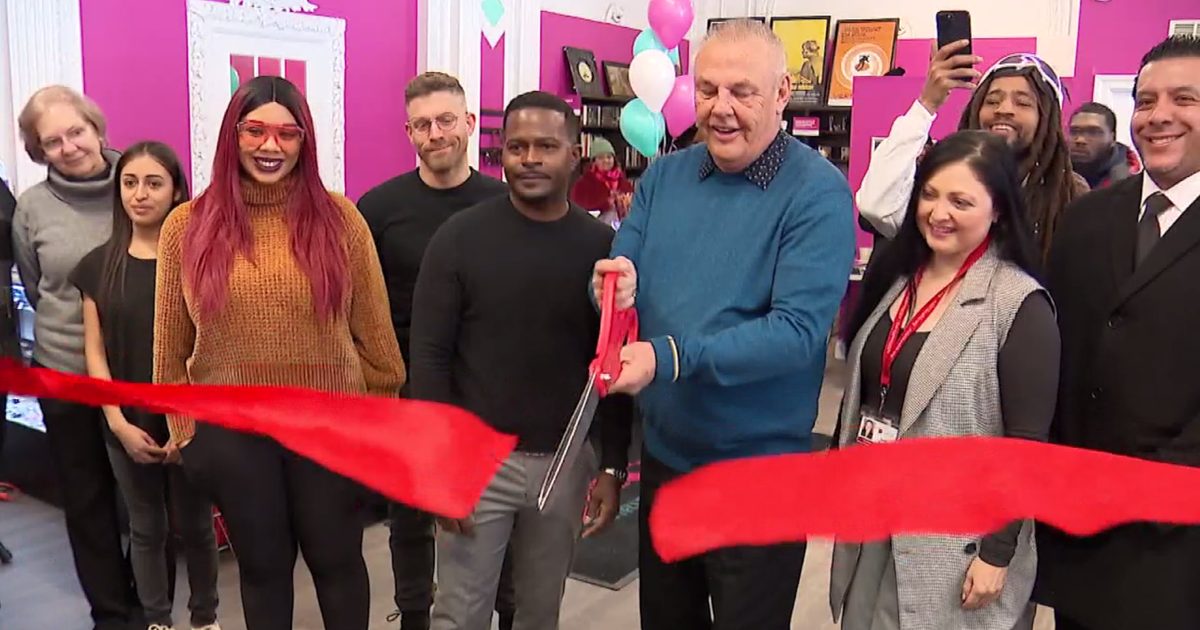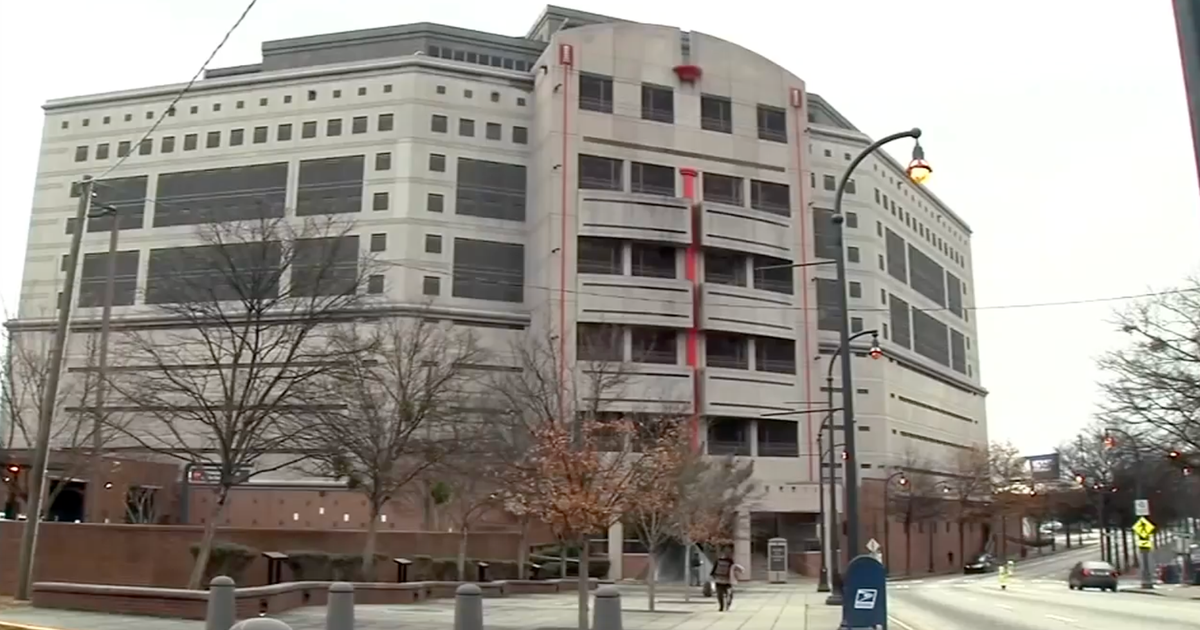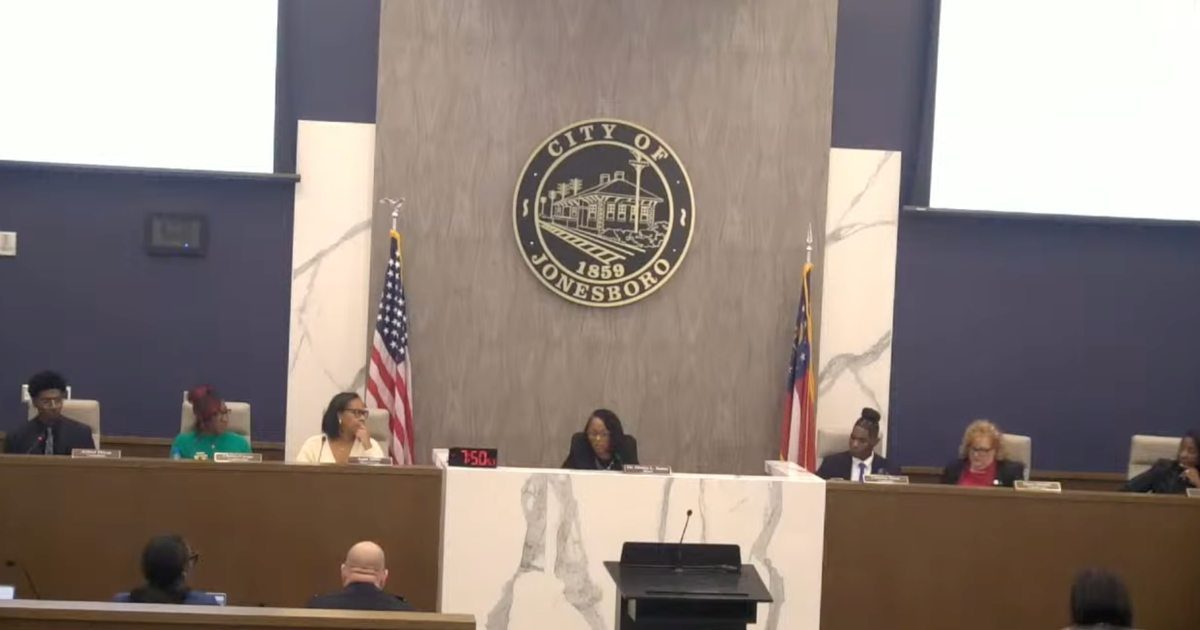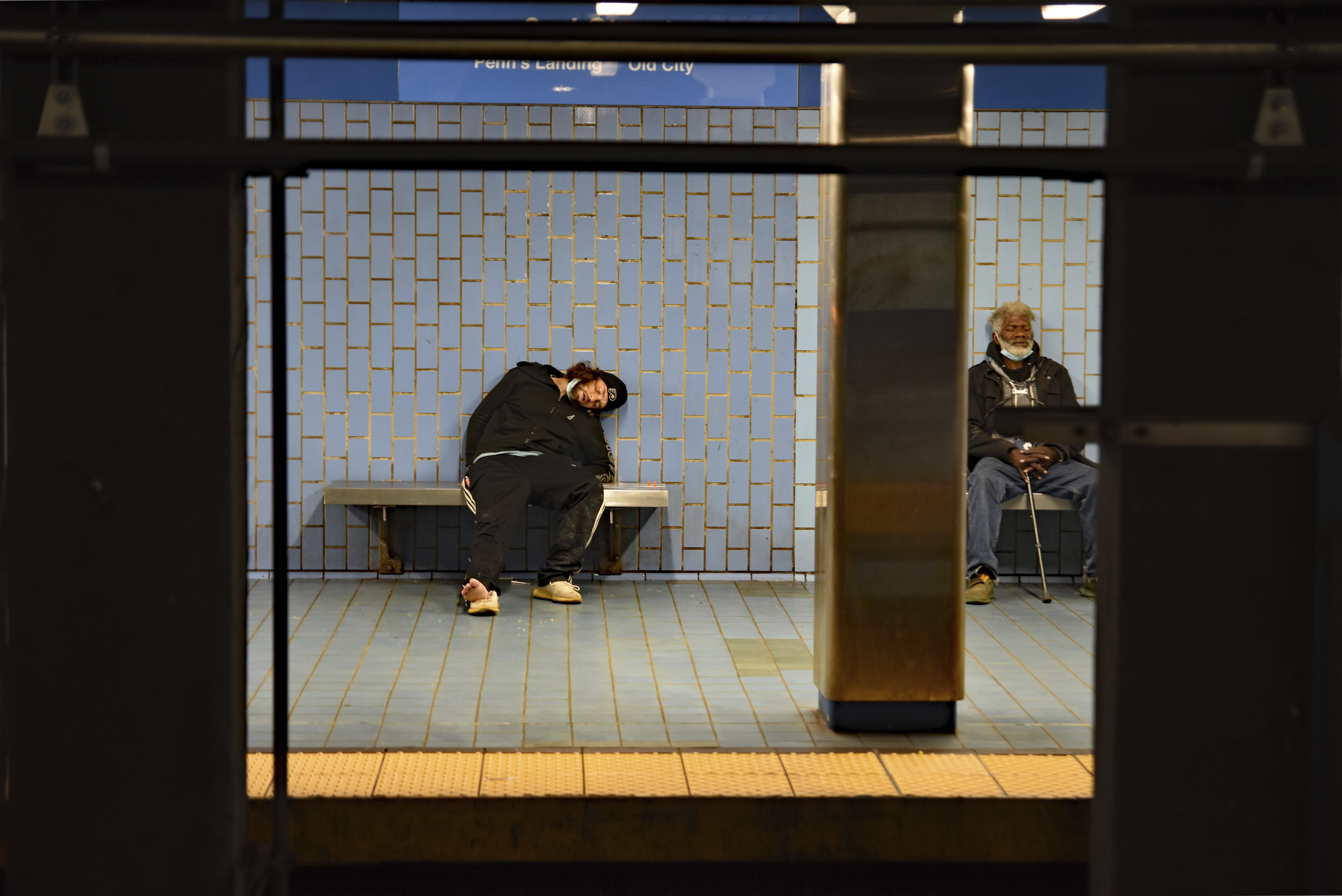Why HIV infections in this group are no longer dropping
The long decline in HIV infections among white people who inject drugs has stalled, another grim side effect of the nation’s drug abuse epidemic.
Health officials released the news Tuesday, as part of a call for more use of needle exchange programs.
“We really risk stalling or reversing decades of progress on HIV transmission,” said Dr. Tom Frieden, director of the Centers for Disease Control and Prevention.
The report comes as the nation is facing an ongoing epidemic of opioid and heroin use that has led to an increase in drug overdose deaths, particularly among white people. The increase in drug abuse is also hampering efforts to slow diseases carried in the blood that can be spread when injection drug users share needles.
The CDC previously reported a rise in new hepatitis C infections, which is tied largely to injection drugs.
Most cases of HIV, the virus that causes AIDS, are transmitted through sex. But about one in 11 HIV infections diagnosed each year are among people who inject drugs, due to needle sharing.
In the state of Indiana, for example, more than 100 injection drug users were infected with HIV in early 2015 in rural Scott County. The state’s governor at the time — Mike Pence, now the vice president-elect — declared a public health emergency and authorized a limited needle-exchange program to prevent the virus from spreading further.
Until recently, HIV cases in injection drug users had been falling for all racial groups. Cases are still decreasing among blacks and Hispanics, but for white injection drug users, HIV infections stopped dropping in 2012.
In 2014, for the first time, a larger number of white injection drug users were diagnosed with HIV than injection drug users in any other racial or ethnic group. Traditionally, far more cases were seen in urban blacks.
At least part of the reason is that white injection drug users are often younger and more likely to share needles, according to a 22-city CDC study of people who inject drugs. Nearly half of white injection drug users shared needles with other addicts in 2015, compared with a third of Hispanics and a fifth of blacks.
Needle exchange programs give out clean syringe needles in exchange for used ones. Medical experts have found that such programs cut down transmission of HIV and do not cause increases in drug use.
Congress, though, has gone back and forth on allowing the federal government to fund the programs. For now, federal funds can be used for some program costs, but not for the purchase of sterile needles or syringes.





